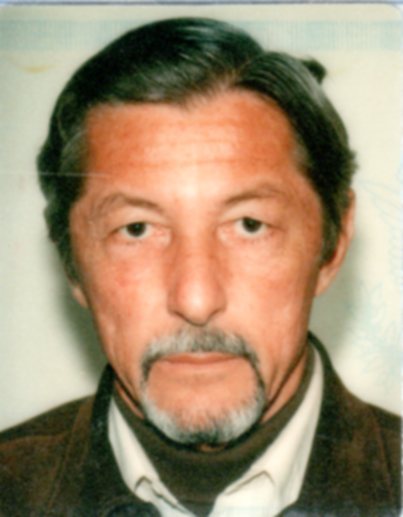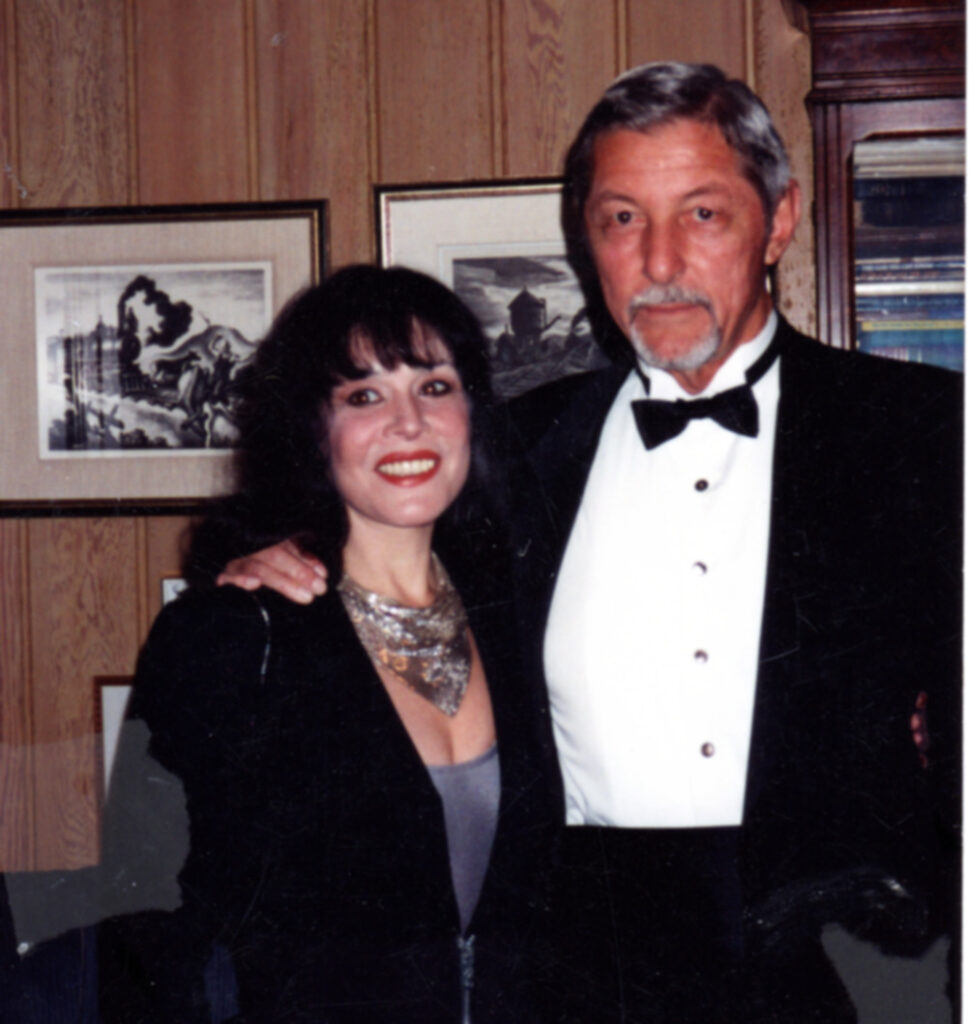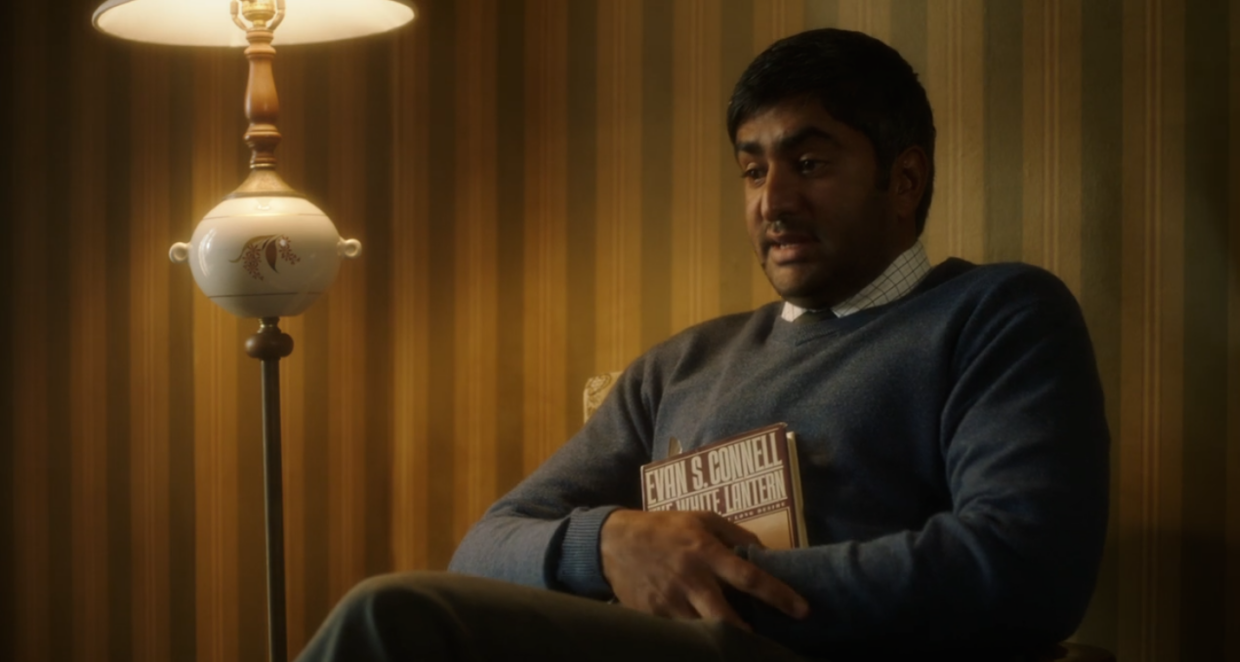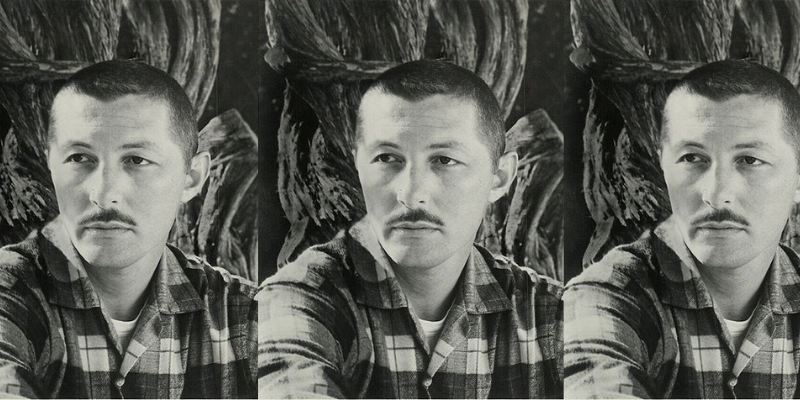Forty years ago this week, the writer Evan S. Connell marked his 60th birthday with a feeling of confidence. His publisher, North Point Press, was on the verge of issuing his thirteenth book and the prospects, based on its advance industry reception and eager review inquiries, were promising. Son of the Morning Star, a vivid, lyrical, and extraordinary nonfiction narrative of Gen. George Armstrong Custer and his demise in the Battle of the Little Bighorn, would go on to become Connell’s greatest commercial success.
Article continues after advertisement
Up to that point, the autumn of 1984, Connell had produced a quiet body of work—short and long fiction, two volumes of historical essays, and a pair of book-length experiments in language, philosophy and time-hopping scrapbook narratives that looked like, but did not exactly read like, poetry. His best-known book was the novel Mrs. Bridge (1959), which revealed the life of a well-to-do, repressed, middle-American woman in a memorably minimalist and cinematic series of episodes. Son of the Morning Star, by contrast, seemed more like a maximalist effort in its sprawl, but the underlying structure shared a related kind of subtle fragmentation, like viewing history as a mosaic.
Connell’s literary career was hampered by his resistance to publicity and by his utter unpredictability.
Connell, who was born Aug. 17, 1924, in Kansas City, Missouri, to prosperous parents, spent the years of World War II as a naval airman, though he never left the country. After the war and after graduate school years at Stanford (in Wallace Stegner’s first class of creative writing fellows) and Columbia (pursuing writing and visual art), Connell began publishing short fiction, won awards, wound up in Europe, connected with George Plimpton and the Paris Review circle and started building, sometimes fitfully but always persistently, a life as a writer.
After Paris Connell settled in the San Francisco Bay area. He traveled extensively, around the world, around the American West, often into Mexico and Central and South America. His first book, a collection of stories, was published in 1957. Mrs. Bridge followed and earned a generous thumbs up from the likes of Dorothy Parker and status as a finalist for the National Book Award, which was ultimately won by Philip Roth’s Goodbye, Columbus.
 Connell at 60, 1984 passport photo. Courtesy of Janet Zimmermann and the Literary Estate of Evan Shelby Connell Jr.
Connell at 60, 1984 passport photo. Courtesy of Janet Zimmermann and the Literary Estate of Evan Shelby Connell Jr.
In California, the buttoned-up Connell crossed paths with the Beats, experimented, only briefly, with LSD, and walked a mostly insular and self-directed path. Lawrence Ferlinghetti, the co-founder of the idiosyncratic paperback bookseller and publisher City Lights—they apparently never met—once labeled the journal Connell co-edited, Contact, as conservative, though that opinion seems to underestimate the publication’s free-wheeling affinity for contemporary literature and the arts.
Anne Lamott, the inspirational essayist, learned literally at Connell’s feet. She recalls the attractive visitor in those years having dinner with her parents as she, at five years old, shyly hid under the table and wondered what it would be like to marry him.
“I think of him so often,” Lamott told me recently via email, “always so handsome and the perfect straight man for the rest of us jokers. He always looked like an aristocratic Spaniard working on his plans for world peace. But he loved to be around storytellers, loved to laugh, and had that marvelous dry sense of humor. And that slightly raised eyebrow when one had crossed the line.”
In the early 1960s, Connell also began a torrid affair, which reset into a lifelong friendship, with a wild-child singer and actor, Gale Garnett (later known as Zoe). She performed at the Glass Onion, led a Sausalito hippie rock band in the late 1960s and moved to Toronto in time to play the lead in a new touring production of the Broadway Aquarian musical “Hair!” (“What are the chances of your coming to Toronto to see me on stage with no clothes on?” she wondered in a letter to Connell.)
Connell’s literary career was hampered by his resistance to publicity and by his utter unpredictability. Here’s Mr. Bridge, a companion volume to the first Kansas City novel (1969), then comes Points for a Compass Rose (1973), the second volume of his “Notes” on human existence, which, despite its strangeness, including the slow unfolding of a complete chess game within its pages, wound up as a finalist for a National Book Award in poetry and caused Annie Dillard to swoon in a Harper’s essay in praise of both of the fragmentary books. (The predecessor was Notes from a Bottle Found on the Beach at Carmel, first published in full in Contact then in 1963 by Viking, before he and the publisher parted ways.)
After Points for a Compass Rose, Connell’s next stop was The Connoisseur (1974), a story of a man obsessed by pre-Columbian art (a Connell passion, inspired, in part, by Garnett). His next novel, Double Honeymoon, couldn’t excite his editor at Knopf, Bob Gottlieb, and was so unenthusiastically received, including by Connell, that he gave up writing fiction for a dozen years.
Connell’s personal life at times mirrored the fleeting, floating state of his publishing identity.
 Connell with Gale Zoe Garnett in Kansas City, 1990, before the premiere of the Merchant-Ivory Mr. and Mrs. Bridge. Courtesy of Janet Zimmermann and the Literary Estate of Evan Shelby Connell Jr.
Connell with Gale Zoe Garnett in Kansas City, 1990, before the premiere of the Merchant-Ivory Mr. and Mrs. Bridge. Courtesy of Janet Zimmermann and the Literary Estate of Evan Shelby Connell Jr.
“Evan flew under the radar,” Helene Young, a onetime Sausalito neighbor, told me. “It was his comfort zone. He would quietly drift into an art event. Then quietly drift out like the fog wisping past the Golden Gate. With Evan, one knew him and didn’t know him simultaneously.”
Connell’s venture into historical essays led to the Custer story, which expanded from a planned short piece into the epic Son of the Morning Star.
Writers as markedly different as Stanley Crouch and John McPhee marveled over Son of the Morning Star. McPhee used the book in his non-fiction classes at Princeton. Crouch’s supposed 6,000-word review essay for the Voice Literary Supplement never materialized and remains lost, according to an editor who has worked with Crouch’s papers. Elsewhere, Crouch once equated Connell’s book with Moby-Dick.
In a published interview a few years later, the New Yorker writer Ian Frazier said, “This is a real avant-garde book. It’s rigorously apoetical. And Connell came up with a style that could accommodate all these weird things that Americans actually do. Stylistically it’s as far out as any nonfiction book can be.”
While researching my biography of Connell I reached out to the fiction writer J. Robert Lennon, who had written him a fan letter. Lennon’s entry point was Connell’s Collected Stories—there are about 60 of them—published in 1995, which propelled him into reading everything else.
“I loved Connell’s archly comic tone,” Lennon replied in an email. “I try to replicate it sometimes in my work. I’ve never read a historian like him—he always dispensed with the boring stuff and felt free to amusedly editorialize. I still laugh at a beautifully-placed ‘Well!’ in Son of the Morning Star. You always felt the work was being processed through a singular consciousness—there was none of the academic historian’s usual detachment. He seemed to be acknowledging that history was invariably warped by the people who recorded it; he wrote it with a knowing shrug. I loved that.”
Connell continued making literary swerves. After a television adaptation of Son of the Morning Star and a Merchant-Ivory, feature-film conversion of the two Bridge novels helped finance his move to Santa Fe, New Mexico, Connell plunged—wouldn’t you know it?—into the arcane minds of medieval philosopher-scientists. The Alchymist’s Journal (1991), which Connell gleefully composed in period language, was a hard-to-sell but fascinatingly humorous novel. You could almost sense Connell smirking—take that, book people. How do you like me now? It was one of the last books that North Point would publish, coinciding with the unexpected death of its co-founder and publisher, William Turnbull. (The book was later republished and retitled by a North Point successor, Counterpoint, as Alchymic Journals.)
 A Connell essay collection made a cameo appearance in the series Lodge 49.
A Connell essay collection made a cameo appearance in the series Lodge 49.
While quietly living in Santa Fe for nearly a quarter century, Connell also produced an epic historical novel about the Crusades; eerily, Deus lo Volt! came out just a year before the 9/11 attacks on the U.S., giving readers a long view of the forever clash of civilizations. A biographical essay, Francisco Goya (2004), and a last collection of short stories, Lost in Uttar Pradesh (2008), including new pieces alongside some greatest hits, rounded out Connell’s bookshelf. Connell was 88 when he died on Jan. 10, 2013.
Connell’s personal life at times mirrored the fleeting, floating state of his publishing identity.
One of the most unusual—and coolest—tributes to Connell in recent years came somewhat covertly in the form of a Hollywood-produced streaming series. Called “Lodge 49,” the two-season series followed the lives of a quirky group of Californians, including a snake-bitten, vision-questing surfer dude named Dud (Wyatt Russell). They all collide in a moribund social club tied to a London-based fraternal order called Lynx. The Long Beach lodge contains certain mysteries, along with its entertainments, and there’s an ongoing thread about alchemy. Minutes into the first episode a character quotes the 16th-century chemist known as Paracelsus, subject of a Connell essay and the central voice of Alchymic Journals.
“Connell was a huge influence on the show,” Jim Gavin, the creator of “Lodge 49,” said when I first heard from him in 2021. The alchemy novel was one thing, but Gavin also hailed Connell’s prose poems—the two “Notes” volumes—and his historical essays. “The tone of ‘Lodge 49’ is more along the screwball Charles Portis line, but we went to great lengths to honor the weirdo esoterica tradition that Connell mastered.”
Gavin, now publisher of a boutique Los Angeles imprint called Tiger Van Books, last month offered an addendum to his high regard for Connell: “Connell, for me, is the great enigma of American literature. In Mrs. Bridge and Mr. Bridge, he produced these profoundly observed and beautifully rendered domestic novels that feel as close to Flaubert as anything produced by an American, while his later deep dives into occult history and metaphysics can stand side by side with Borges and Eco. It seems impossible. There’s simply no one like him.”
Both Mrs. Bridge and Son of the Morning Star remain the leading attractions for many readers, but literary treasures and elegant writing can be found throughout Connell’s body of work. While the rights to Son of the Morning Star have long been in the hands of Farrar, Straus & Giroux (convoluted story related to the shuttering of North Point), Counterpoint continues to keep the rest of Connell’s works in print, some titles more precariously preserved than others.
Anne Lamott cherishes her last visit with Connell, eating ice cream with him in the Santa Fe assisted-living facility where he stopped writing circa 2009 and where he died early one morning four years later.
“I still foist his books on writing classes I teach,” Lamott says. In the two notes books, with their despairing view of human experience and tragedy, the Bridge novels, the Custer—Lamott can always draw a vital lesson for her students: “Write carefully what most fascinates you, no matter how curious the subject, and it may very well fascinate us, too.”

